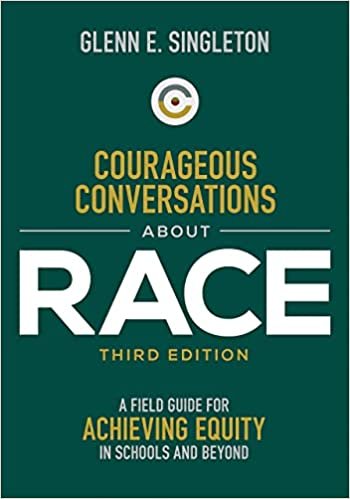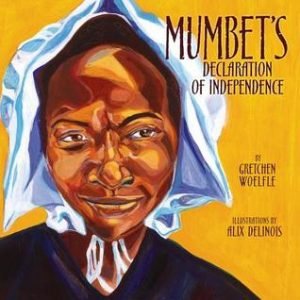Women’s History Month
Elementary Working Group Meeting
March 29, 2022
On March 29th, the Elementary working group gathered to connect and discuss Women’s History Month and how gender and racial biases are confronted in our schools.
To begin the meeting, subgroups presented what they have done since connecting last month. The Toolkit subgroup is turning collaborative Jamboards we made in meetings into typed documents in order to make them more accessible. They are also creating a contact sheet based on our previous organizing efforts on Jamboard. The Knowledge subgroup shared an episode of the MindShift podcast that discusses Glenn Singleton’s Courageous Conversations About Race, which provides ground rules for talking about race to achieve equity in schools. In Florida, the Broward County school district taught Singleton’s techniques to all educators. Participants considered who talks about race in their schools, how it is talked about, and what people’s reactions are when the topic of race comes up. One educator shared that their school purchased Stamped: Racism, Antiracism, and You for all 5th and 6th graders but did not work with the staff on their own biases. Providing resources is an important step, but there is deeper work to reflect on and dismantle your own biases that needs to be done in conjunction with teaching children.
The group then discussed gender in elementary school. Gender feuds, or a “boys versus girls” vibe, are listed as developmentally appropriate, but we examined why it exists in the first place and ways in which we can break the cycle and move beyond the binary, pulling from Women’s History Month as one reference point. Some teachers mentioned they have had issues with students or even other adults not respecting a child’s gender expression. One tool that has helped these conversations is the approach of honoring people the way they want to be defined, even if you do not agree. K-Fai Steele’s A Normal Pig has also served as a helpful resource for understanding that normal is relative and everyone deserves respect.
In recognition of Women’s History Month, Maya Baum presented a women’s history lesson, beginning with Hamilton’s “Who Lives, Who Dies, Who Tells Your Story.” The song helps spark a discussion of whose stories are featured and whose are erased in history. To highlight women in history, she created an anchor chart with her class that featured the most commonly taught women and added other stories of lesser-known women. She used Mumbet’s Declaration of Independence as an anchor text and included other stories along with it to create a fuller picture. Her students ended the unit with a Constitution Role Play lesson. Students discussed the stands that groups who were not allowed at the constitutional convention would take and the issues they would be pushing, specifically on the topics of enslavement and state versus federal rights.
After the lesson, the group reflected on how their school focuses on Women’s History Month and how teachers and students react to these conversations. One teacher used a PowerPoint that highlighted one woman a day, including young girls and women of varying levels of fame. He then discussed negative stereotypes about girls and women and ways to debunk them. The boys in this class were very interested in stereotypes and fairness. In other classes, teachers reported that boys can be defensive about gender issues.
We ended the meeting with a reflection on our time and thoughts on how to organize to combat obstacles in education. After completing an evaluation, the group members left with a deepened understanding of how to discuss race and gender. Participants said:
The discussion of how to make school a more accepting place for trans and nonbinary students was interesting.
I would like to continue to learn more about discussing race, gender, and LGBTQ issues with colleagues and students in the elementary school setting.
This recap was written by Bridget Fuller, an intern with Teaching for Change in Spring 2022 while studying sociology and education at the University of Notre Dame.


